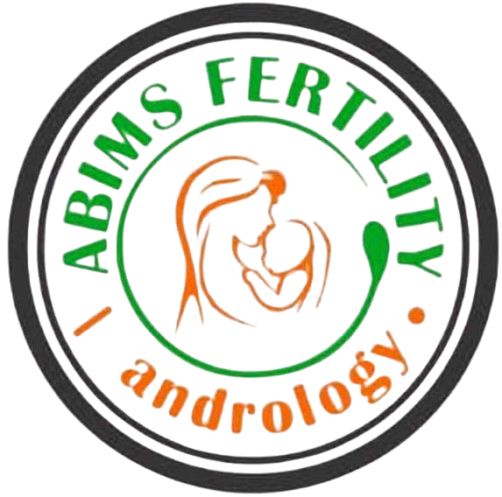WHEN YOUR MENSTRUAL PERIOD IS PAINFUL IT COULD BE A SERIOUS SIGN OF INFERTILITY

I want to discuss a painful menstruation in relation to adenomyosis and endometriosis. Normally, menstrual cycle supposed not to come with pain and if there will me any, it should be a mild one not a severed one. The duration as designed by God should be between two to seven days. When you start having a sever pain or heavy menstrual flow, it may be that you are suffering from endometriosis or adenomyosis but endometriosis is a bit mild, it is usually caused when the inner tissue that serves as a as lining in the endometrium in the area of the womb, start shedding blood, the other part of the womb that has the tissue will want to shed blood as well causing you to have a severe pain and it can be surgically removed by the professionals and can also be managed. In the cause of the adenomyosis, is when the blood flows into itself, and prevent women from getting pregnant. in this case, if it can’t be managed, it may lead to the removal of the womb. What you need to do is to visit the professional on what to do and stay away from self-medication which may escalate the issue to the point of infertility.
ALCOHOL AND SMOKING WILL DAMAGE YOUR SPERM QUALITY

This write-up is for men whose wives are waiting for the fruit of the womb. If you know that you have done semen analysis, motility, morphology, and count, and you have been told that you are having problems with the analysis, either all or two out of the three parameters. It could be as a result of these four things, making the treatment unsuccessful. First is, taking of alcohol, secondly is, smoking, third one is stress and the fourth one is to have a change of lifestyle. You need to desist from having extra marital affairs, wasting away the semen that is to make your wife pregnant. Smoking and drinking will affect your sperm DNA in a way that affect the ROS, reproductive oxygen species in your body system, causing a damage by creating oxidative stress for your sperm cells. Though, oxidative stress can be experience at any part of the body but if yours is taking place at your testicular region, it will destroy your sperm cells. This may not affect others as it is affecting you, that is why you should stop the following lifestyle to experience a change and also visit your professional for treatments.
FORCED SPILLAGE OF CONTRACT IN HSG
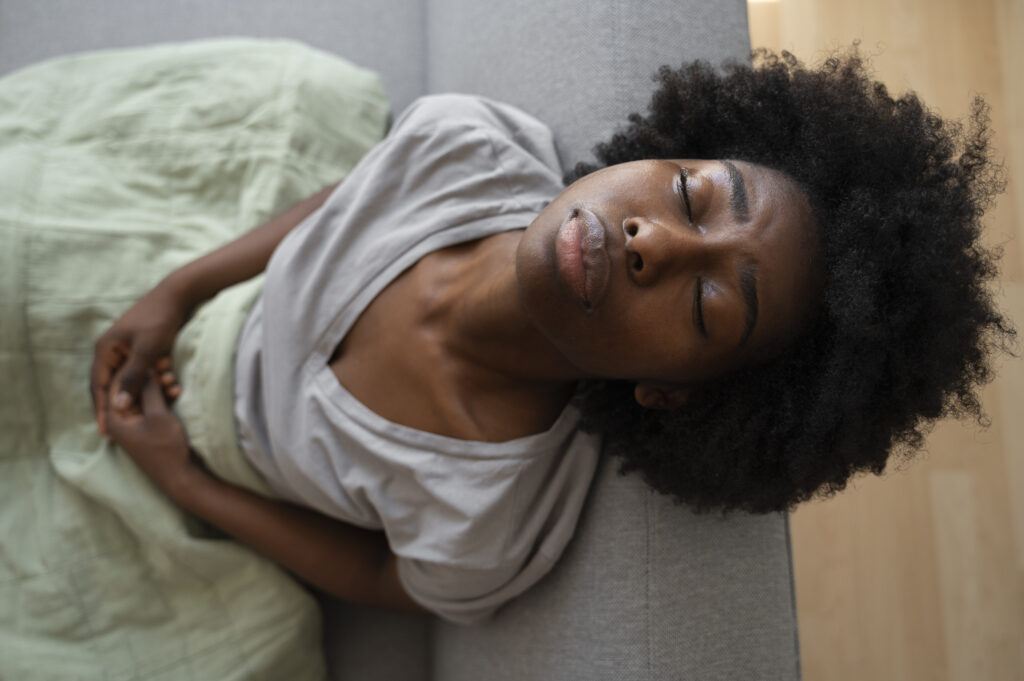
HSG is the test to know whether your fallopian tube is open or not because sperm and egg must meet in the fallopian tube before fertilization will take place and then move to the womb. If it is a situation where it is one of the tubes that is blocked, the other can still be used too get pregnant. Most professional, usually report when they want to, that there is a “forced spillage of contrast’’ in HSG. Which means that the tubes are not open but due to the pressure hey applied when putting the dye inside your body, is what forced the spillage. This does not that your tubes are patent because the dye do not move through that tubes freely. If you see on your report written forced spillage, just know that your tubes are not opened.
HIGH PROGESTERONE COULD CAUSE INFERTILITY

I want to explain high progesterone at 21st day of your cycle. Many women after running the following test: AMH, LH, FSH, Progesterone and Prolactin, and you find out that the progesterone is low, some women will start taking injections- progesterone inserts or suppository to improve the progesterone. Progesterone is the hormone that the ovaries will produce during the ovulation. once the ovaries released the eggs, what will be left is the corpus luteum which will start producing enough progesterone for implantation to take place. When the ovary releases the progesterone, the progesterone will move to the endometrium, the lining of the womb, pick up the progesterone, the thickness of womb will become more and prepare for the implantation. But when you have high progesterone around the 21st day of your menstrual cycle, it means that your ovaries that releases the eggs, produce more progesterone but your womb fail to utilize the progesterone for implantation to take place. What you need to do is to give the result to a professional to know what to do. Because if by any means, there is a conception and the situation is not correction it may leads to blighted ovum or miscarriage. The normal progesterone is between 5-36 ng/ml. Before you can any medication to improve your progesterone, it is until you run a test and you find out that that your progesterone is > 5ng/ml, that is when you can take medication to adjust it. Because if you take anything prior to the implantation, increasing the progesterone, your womb will react and will not support pregnancy.
GENDER SELECTION IN FERTILITY TREATMENT

For gender selection to be possible, the majority of the sperms cells from your body must be XY chromosomes because there is tendency that, if it is a boy you need, the embryos prepared may be of girls. So my advise to any one going for gender selection, especially the men, should take medications to prepare their body for it for the procedure.
WHEN YOU FEEL AS IF SOMETHING IS BREATHING OR LOCALIZED PAIN AROUND YOUR OVARIES

Some women experience a strange sensation around the waist or lower back during their cycle. While this feeling can be caused by many harmless reasons—such as muscle tension, hormonal changes, or nerve sensitivity—it is not a proven sign of having many immature eggs or of developing follicular cysts/PCOS. Polycystic Ovary Syndrome (PCOS) has specific symptoms such as irregular periods, acne, excessive hair growth, weight changes, and difficulty ovulating. It cannot be diagnosed based on sensations alone. If you are experiencing unusual or persistent sensations—especially while taking fertility-related medication—you should not stop the medication on your own. Instead, consult a healthcare professional for proper evaluation, hormone tests, or an ultrasound to determine the actual cause and the right treatment.
FAILED IVF: WHEN SEMEN QUALITY IS CLAIMED TO BE THE CAUSE
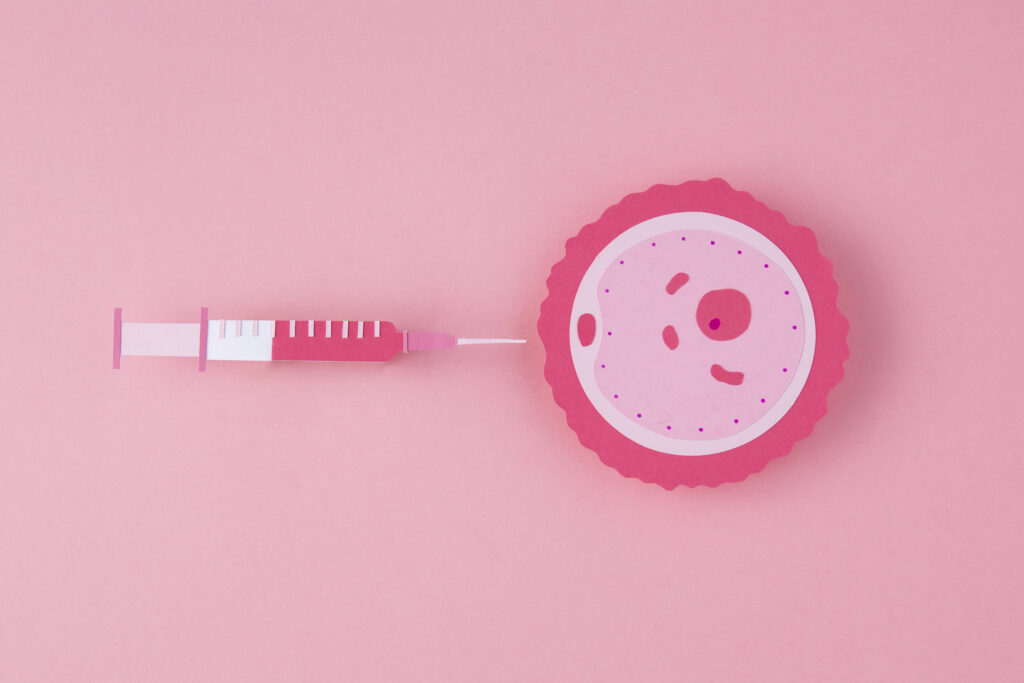
When IVF fails and the issue appears to be sperm-related, patients often ask why the clinic did not cancel the procedure if the sperm was “not good enough.” It is important to understand that semen analysis and sperm function tests are different. A semen analysis only measures sperm count, motility, morphology, and pH. It is not a fertility test; rather, it assesses the testicles’ ability to produce sperm of reasonable quality. However, it cannot reliably determine a sperm cell’s fertilization potential. Patients sometimes ask why they are not sent for a sperm function test instead. The reason is that not all centres have the technology to perform sperm function tests. In many cases, we only discover problems with sperm fertilization ability when we observe poor embryo development after IVF, despite having a good egg and an apparently normal semen analysis. For a sperm cell to fertilize an egg—whether naturally, through IUI, or through IVF—it must successfully complete five key processes: 1. Capacitation – occurs inside the female reproductive tract; it cannot be evaluated directly. 2. Acrosome Reaction – the sperm’s ability to bind to the egg’s outer layer; this requires advanced technology to assess. 3. Zona Pellucida Binding – when enzymes in the sperm head are released, allowing it to penetrate the egg. 4. Nuclear Decondensation – the genetic material of the egg and sperm combine to form a fertilized ovum. 5. (Implied final step) Successful formation of a healthy embryo. Because semen analysis cannot evaluate these functional steps, a sperm sample may appear normal yet still fail to fertilize an egg.
FOLIC ACID IS NOT A FERTILITY SUPPLEMENT
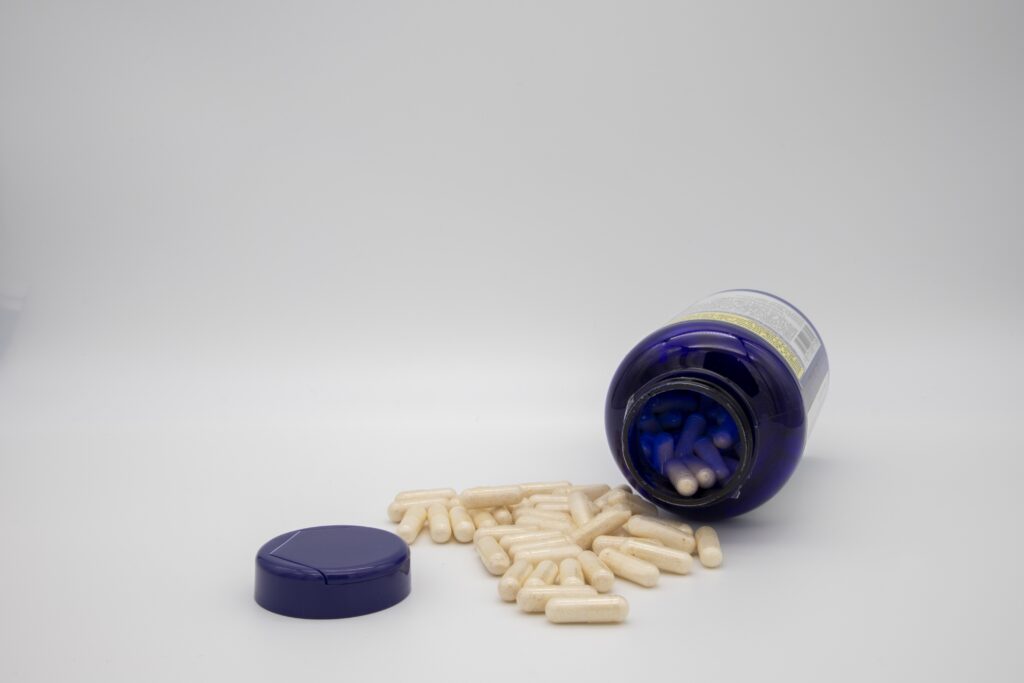
Folic acid is one of the most common medications taken by women hoping to conceive, but it is not a fertility supplement. Its main role is to support red blood cell formation in the mother and to help prevent brain and spinal cord defects in the baby. Women who are trying to conceive should understand that folic acid alone does not correct hormonal problems, trigger ovulation, improve overall fertility, or unblock fallopian tubes. It is important to consult a professional and undergo the appropriate tests—such as AMH, FSH, LH, progesterone, and estradiol—so that the right treatment plan can be created for you. Folic acid can then be added as part of your overall pre-conception care.
OBESITY COULD AFFECTS FERTILITY NEGATIVELY
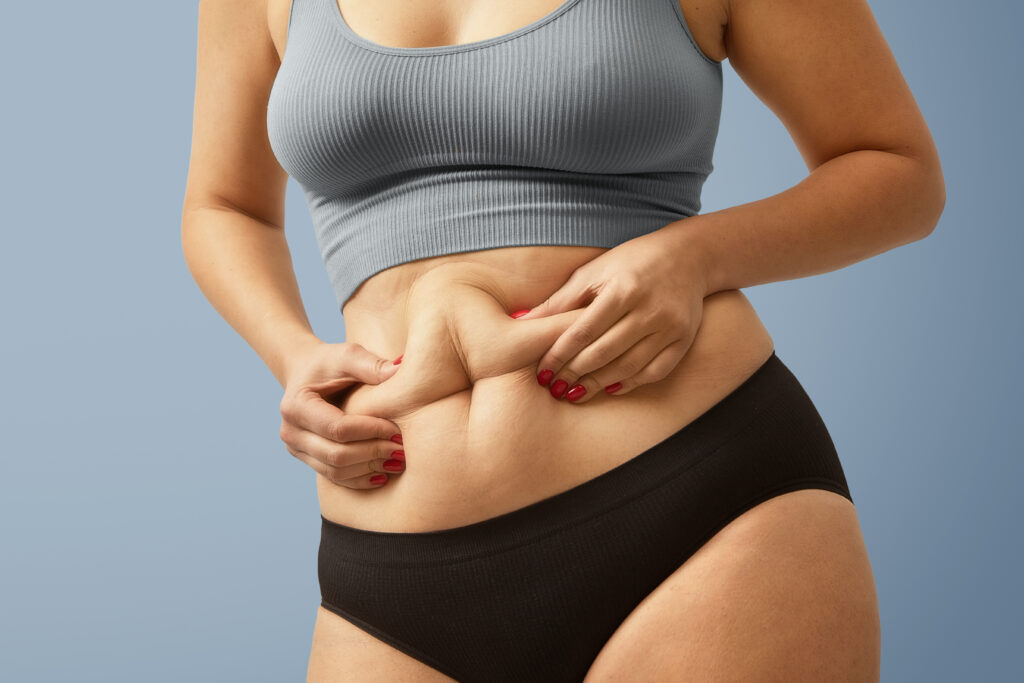
Obesity can occur in two primary forms. The first type results from lifestyle factors—particularly overeating and having the financial means to consume whatever food one desires, often leading to a high intake of processed or calorie-dense foods. The second type of obesity is more complex and may occur naturally in some individuals due to genetic or metabolic factors, even if they do not eat excessively. This type is often influenced by hereditary traits, hormonal imbalances, or underlying medical conditions. The purpose of this write-up is to highlight how obesity can negatively affect fertility, particularly in women. Obesity is closely linked to hormonal imbalances. Excess fat tissue in the body can lead to increased production of insulin—a hormone that helps regulate blood sugar. When the body produces too much insulin, it can lead to a condition called insulin resistance, where the cells become less responsive to insulin. This condition causes the body to produce even more insulin to compensate. High insulin levels can increase the production of androgens (male hormones like testosterone) in a woman’s body. Additionally, fat cells can convert androgens into estrogen, further disrupting the hormonal balance. These hormonal shifts interfere with the normal functioning of the ovaries, particularly the development and release of eggs (ovulation). As a result, women with obesity may experience irregular menstrual cycles, difficulty ovulating, or even complete absence of ovulation (anovulation), all of which contribute to infertility. Elevated androgen levels also impair the development of ovarian follicles—the small sacs in the ovaries where eggs grow—making conception more difficult.
5 MAJOR CAUSES OF IVF FAILURE.

Embryo transfer is a critical step in the In Vitro Fertilization (IVF) process. Even when good-quality embryos are used, some transfers still fail. Below are five major causes of such failures, along with explanations and solutions. Uterine Issues The uterus (womb) must be in optimal condition for an embryo to successfully implant. Several problems within the uterus can prevent this: Polyps: These are small growths inside the uterine lining that can interfere with implantation. Adhesions (Asherman’s Syndrome): Scar tissue inside the uterus, usually from past surgeries or infections, can block implantation. Fibroids: These are non-cancerous growths. If they are within or near the uterine cavity, they can distort it and reduce success rates. Ulterine cavity abnormalities A uterus that is not “free” or open (e.g., narrow cavity) cannot support embryo implantation properly. Doctors often recommend a hysteroscopy before starting IVF. This procedure allows them to see inside the uterus and remove any obstacles (polyps, fibroids, scar tissue, etc.) that may hinder implantation. Hydrosalpinx This refers to a condition where the fallopian tubes are swollen and filled with fluid, often due to previous infections (like pelvic inflammatory disease). The fimbriae (finger-like ends of the fallopian tubes) become blocked. The fluid from the tubes can leak into the uterus and harm the embryos, making implantation unlikely. Hydrosalpinx must be treated before IVF begins. Often, the fallopian tubes are removed (salpingectomy) or blocked off to prevent the toxic fluid from reaching the uterus. Inadequate Fertility Treatment (Hormonal Imbalance) Hormones must be in the right balance for IVF to work. Key hormones include: LH (Luteinizing Hormone) FSH (Follicle-Stimulating Hormone) AMH (Anti-Müllerian Hormone) – an indicator of ovarian reserve If any of these are out of range, the body may not respond well to fertility medication, resulting in poor egg quality or uterine lining problems. Get your hormone levels tested before treatment. If there’s an imbalance, your doctor may recommend hormone therapy or other medications for 1-2 months to stabilize your system before IVF. Poor Embryo Quality Even if everything is perfect in the uterus, if the embryo itself is not healthy, implantation will likely fail. Embryos are graded (e.g., Grade A, B) based on how they look under a microscope. The developmental stage also matters Blastocyst (Day 5 embryo) is usually preferred over earlier stages (e.g., morula). Poorly graded embryos have lower chances of implantation and pregnancy. Ask about the quality and grade of the embryo being transferred. Consider genetic testing (PGT-A) if you’ve had repeated failures, to check for chromosomal abnormalities Difficulty During Embryo Transfer Procedure Even if the embryo is good and the uterus is healthy, technical issues during the transfer can cause failure: Cervical stenosis: Narrow or tight cervix that makes it hard to insert the catheter. Uterine angle or position: May make the passage of the catheter difficult. Bloody transfer: If the catheter causes trauma and bleeding during the procedure, blood can be toxic to the embryo. Vaginal stenosis: Narrowing of the vaginal canal, possibly from past procedures or radiation therapy, can complicate the transfer. A sono-hysterogram or mock transfer may be done in advance to check if the cervix is easy to pass. If stenosis is detected, cervical dilatation may be done beforehand. Ensure a skilled clinician is performing the embryo transfer with utmost precision.
